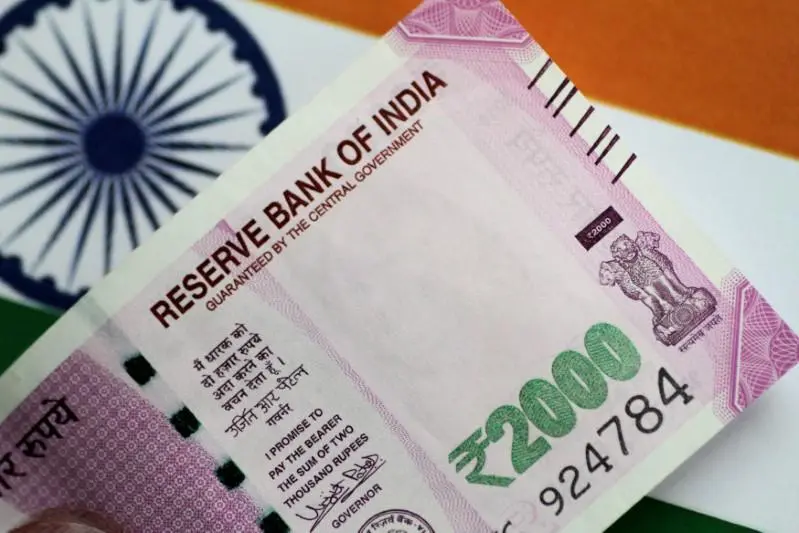PHOTO
MUMBAI: The Indian rupee dropped to its lowest level since April, while the 10-year benchmark bond closed at its weakest in nearly a year-and-a-half, as a spike in global crude oil prices re-ignited concerns over imported inflation.
The partially convertible rupee ended at 74.9750/9850 per dollar, after touching 74.9875 — its lowest since April 23. It had closed at 74.4450 on Tuesday.
The benchmark 10-year bond yield ended at 6.28% after hitting 6.30%, its highest level since April 17, 2020. The yield had ended at 6.26% on Tuesday.
The rupee also fell for a third straight session, shedding 0.7%, its biggest single-day loss since June 17.
"The overall risk tone is that of caution, given several lingering risks i.e. higher energy prices, China real estate concerns, withdrawal of accommodation by central banks," Abhishek Goenka, chief executive officer at forex advisory firm IFA Global, wrote in a note.
"We are likely to see a 74.45-74.85 range in USD/INR for the day with an upside bias. Forwards continue to grind higher with 1-year forward yield now at 4.48%."
Late losses in the domestic share market also weighed on the sentiment for rupee, with demand for the greenback from foreign banks also spiking in late trade.
The broader NSE share index closed 1% lower, while the main BSE index fell 0.93%.
Most Asian currencies weakened against the dollar, which gained on account of nervousness that surging energy prices could spur inflation and interest rate hikes, and as traders awaited U.S. jobs data for clues on the timing of Federal Reserve policy tightening.
Economists said Moody's upward revision of India's sovereign rating outlook should bode well, particularly for bonds, as it reduces the chances of the country getting downgraded to junk and will aid the government's efforts to get India included in global bond indexes.
The uptick in U.S. bond yields also weighed on sentiment for local bonds.
Oil hit a multi-year high above $83 a barrel, supported by OPEC+'s refusal to ramp up production more rapidly against the backdrop of concerns about tight energy supply globally. O/R
India imports 80% of its oil requirements and higher crude prices tend to push up domestic inflation.
Traders are also cautious ahead of the outcome of the monetary policy's meeting on Friday, which is being closely watched for clues on when the Reserve Bank of India will start its exit from the pandemic-era stimulus.
(Editing by Subhranshu Sahu and Uttaresh.V) ((swati.bhat@thomsonreuters.com; twitter.com/swatibhat22; +91-22-68414381; Reuters Messaging: swati.bhat.thomsonreuters.com@reuters.net))





















